 |
 |
 |
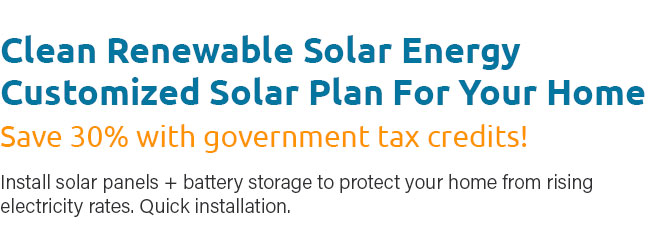 |
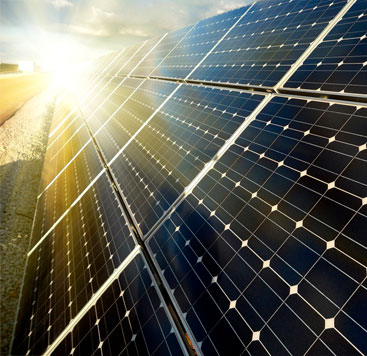 |
 |
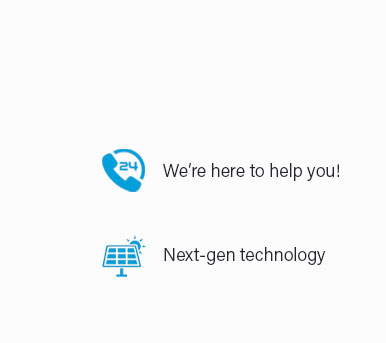 |
 |
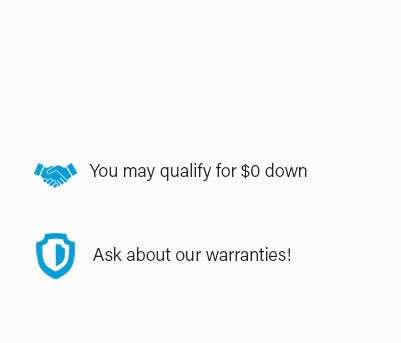 |
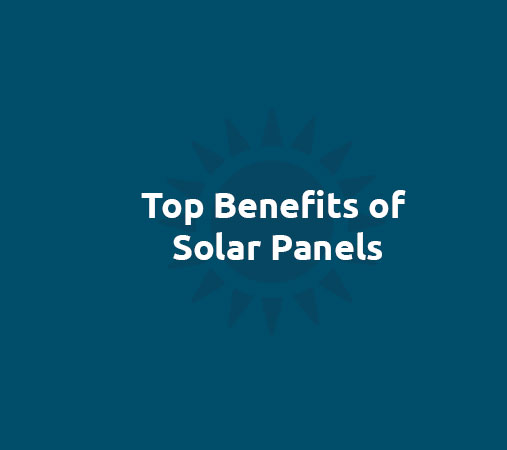 |
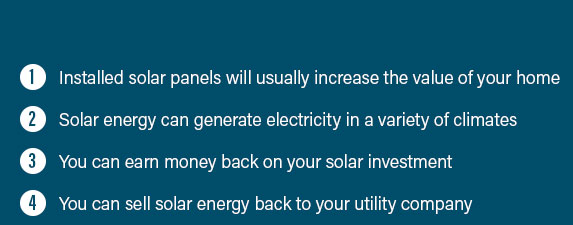 |
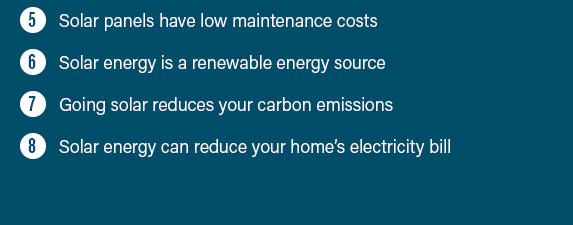 |
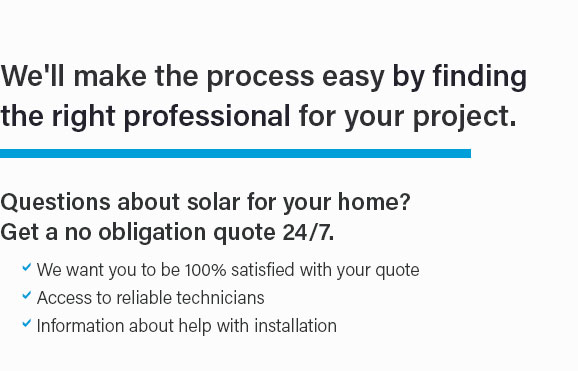 |
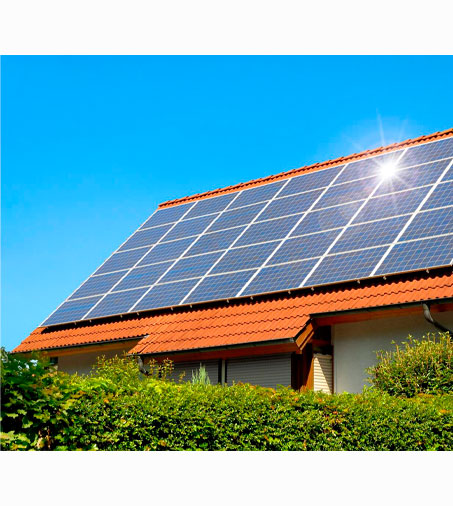 |
|
 |
 |
 |
|
Unleash the power of the sun with our game-changing solar panel system installation quotes, designed to revolutionize your energy experience and empower your home with sustainable, cost-effective solutions-get ready to transform your energy bills into savings and step into a brighter, cleaner future with confidence, because when it comes to harnessing solar energy, we don't just set the standard; we redefine it.
https://signaturesolar.com/solar-kits?srsltid=AfmBOoqajmpu9bn03SKNrPKzcuOz2d3-DDXtstaA05unvLStVoNTzHRk
Solar Panel (Black) | Assembled in Texas. Add to ... https://www.altestore.com/collections/solar-power-systems?srsltid=AfmBOoqmTDsyIKpwa-L_R_k40MopYrs4XEhfFo5FA8y1_A4qhoWJnWRL
We have an array of DIY solar power system kits with all the components you need - including panels, racking, an inverter, Balance of System (BoS) components ... https://sungoldpower.com/collections/off-grid-solar-kit?srsltid=AfmBOoofcABTzjxpkUkXgN0uTLz8Cw7wj8f72rEq5_m9EDIEuw3IMFre
Shop for off-grid solar power systems and kits online from SunGoldPower. Embrace sustainable living and harness the power of the sun with our reliable ...
|